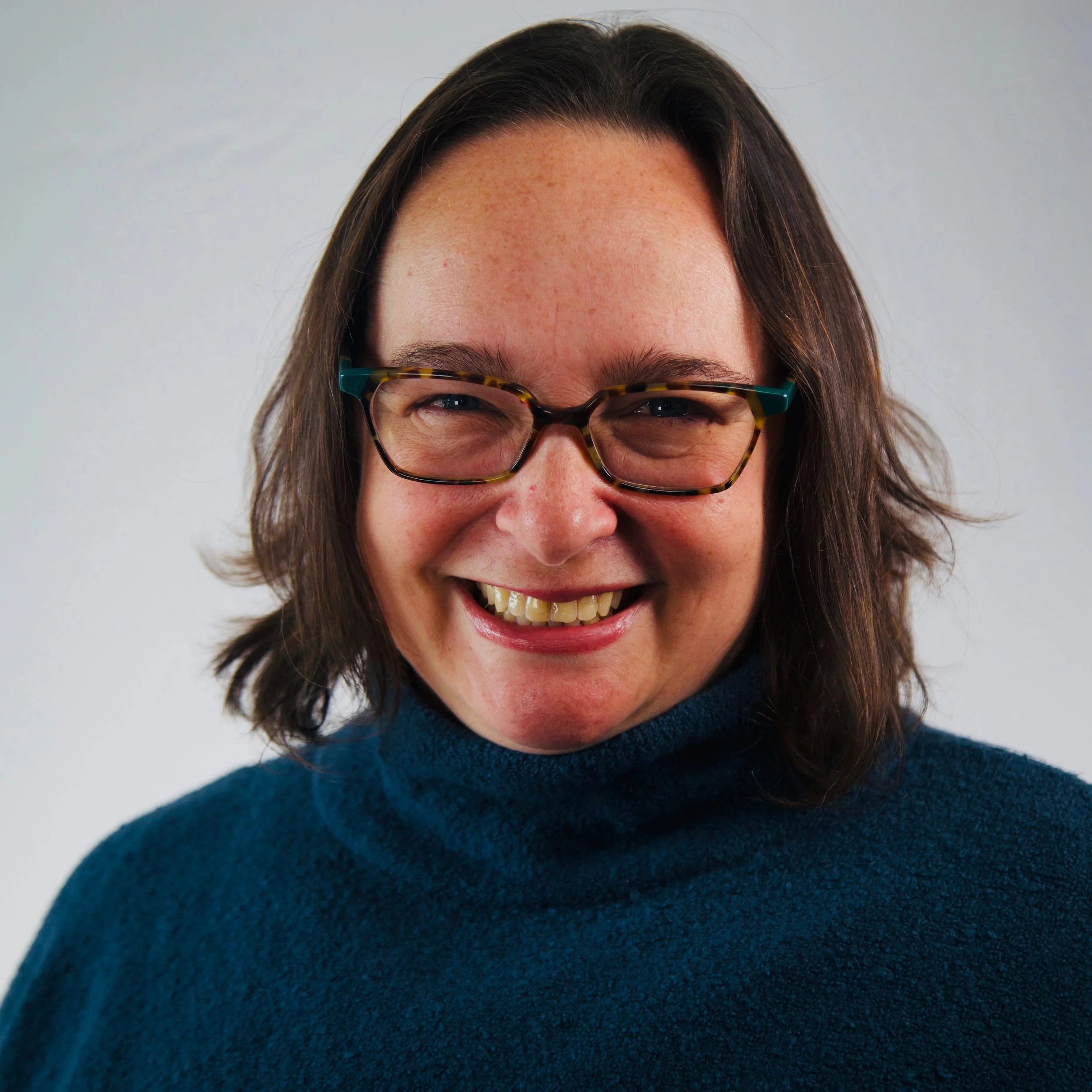About Me
I’m Natalie Blitt. My background is rooted in storytelling.
I began my career as a journalist at The Wall Street Journal and then went on to write five novels for young readers — books about identity, belonging, and how we make sense of the world around us. My young adult novels (The Distance from A to Z and The Truth About Leaving) and middle-grade books (Carols and Crushes; Snow One Like You; and Breaking the Ice) reflect my belief that stories help us grow into ourselves.
For the last 25 years, I’ve also worked in Jewish educational and cultural spaces. At The PJ Library, I collected and curated children’s stories that sparked family conversations across North America. At The iCenter, I led initiatives that helped educators connect people to Israel and Israelis in meaningful and personal ways.
Behind the scenes, I’ve been a genealogical researcher for over 25 years — digging through archives, tracing family lines across continents, and uncovering unknown moments of family history. I’ve drawn extensive family trees for myself and others, collecting scraps of paper where I’ve tried to make sense of information for people who are so distantly related to me that they really aren’t related at all.
I have degrees in Journalism (University of King's College), English Literature (McGill University), and Education (George Washington University). While I grew up in Canada, I currently live in the Chicago suburbs with my husband, Rabbi Josh Feigelson, and our three sons. When I’m not writing or interviewing, you’ll find me reading, because I’m always in search of the next great story.
Why This Work?
One of the most valuable possessions I have is an interview I did with my grandmother, my father’s mother, almost twenty years ago. She was 91, a Holocaust survivor, and I’d been putting off asking her questions for decades, scared of adding to her pain by making her retell those horrible memories. I was honestly scared that if I asked her to put her stories into words, to tell them, she would die.
But I was running out of time.
***
The tape is about an hour. The interview is honestly kind of awful. There were four us in the kitchen with her — me, my aunt, a cousin, my husband — and I had a tiny dictaphone in the middle of the table. We all talked over each other, the conversation went into all the wrong directions, and I spent valuable time asking her to confirm the names of people in a family tree I’d drawn up. And worse of all, there’s a section that is lost because I didn’t hold down the record button properly.
But it’s also amazing.
Even though most of the stories she told were devastating, I listen to the recording regularly, just to hear her voice. And no matter how many times I listen to it, I realize I’d forgotten one story or another. Even though I hear the stories all the time.
My favorite part of the interview is toward the end, when I was desperate not to finish talking. I was searching for more questions to ask and remembered earlier she’d been talking about my grandfather’s sister — one of her close friends — who’d gotten married before my grandparents. I asked her if she remembered the wedding.
“It was a good wedding,” she said.
We all laughed. What makes it a good wedding in a small shtetl in Poland?
“If they have a good sponge cake. A good sponge cake makes a good wedding.”
I don’t have a similar tape for my other grandmother, nor for either of my grandfathers. Or my dad. And it hurts my heart. I have so many questions about the lives they lived, how they thought about the world, where they came from. There’s so much I’ll never know. I thought I would remember all the stories I heard. But I only remember pieces. I can search through archives for documents but at the end of the day, they are words on paper written by someone whose job it was to copy down the information.
That’s why I started doing this work.
I wanted to make sure people have access to their family’s stories before it’s too late. Our parents and grandparents lived through remarkable times and unimaginable experiences. Many of them grew up in immigrant families. Some were immigrants themselves. They witnessed the fight for civil rights, the Vietnam War, the beginnings and ends of countries. They were married and had children in a world so different from ours that it may as well be a foreign country.
Don’t assume you’ll remember the stories they told you. Don’t make the mistake of believing you have all the time in the world. Make the decision today to record your loved ones speaking about their past and their experiences. If you need to, just take out your phone and ask them a bunch of questions. Anything is better than nothing at all.
That said, this is my passion. I love speaking with people about how they grew up, finding the silly and heartwarming stories that animate how they lived, the stories they heard from their parents and grandparents. I love ensuring that one day, when you really want to hear your loved one’s voice, not only will you have access to it but you’ll be reminded of that crazy story about the first time your grandfather met your grandmother’s parents. (Spoiler alert: it didn’t go according to plan.)
Let’s talk.
Ready to take the first step in preserving your family’s legacy? Fill out the form, and I’ll connect with you shortly to discuss the best path forward.


